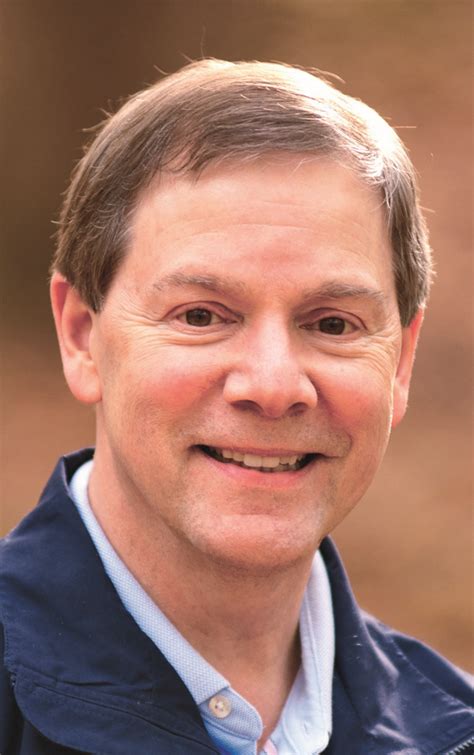Top 13 Quotes & Sayings by Kenneth Boa
Explore popular quotes and sayings by an author Kenneth Boa.
Last updated on April 14, 2025.
How we live is determined by what is ultimately fueling us - our deepest desire or end goal. Do we really want to know and follow God, or are we more interested in a comfortable, pleasurable life for ourselves? Jesus asked his disciples early on, "What do you seek?" And he's still asking that question today. To be motivated to live in the presence of God, we have to believe that "the good life" is really found in him and him alone.
Trusting God means transferring our confidence and hope from ourselves to him, acknowledging that we have no ability in ourselves to live in a way that pleases him. Only he can change us by the power of his Spirit in us. This trust is manifested in a context of obedience in our lives to the biblical mandates God calls us to pursue. Training means acting upon that trust by doing things that help us rely upon God more and live out his desire for us.
When we think of training ourselves in godliness, we usually think of the traditional spiritual disciplines, but it can also be practical activities like taking a nature walk or listening to music - whatever helps us draw closer to God. God hardwired our brains and bodies in such a way that spiritual training, combined with God's work in us, has the very real effect of making us more attuned to spiritual reality and our true identity in Christ.
Jesus is the prime exemplar of life in God's presence. He lived out of an awareness of the identity God had given him, not the identity the world wanted to give him; he led an active, ongoing prayer life; he took time apart from the world to be with his Father; he made his Father's agenda his agenda; he made his Father's love for people evident in tangible ways; and so on. These are all characteristics that we should emulate in our lives.
All of life is to be lived in the presence and power of God, not just for a few minutes or even an hour in the morning. It's as though we want to take a tiny nibble of spiritual food and hope that sustains us for a while; then we wonder why we're so weary and unable to live as Christ calls us to live. To truly enjoy the abundant life Jesus invited us into, we need to be more aware of God all the time, just as he was. We need that regular, focused quiet time, but we also need to take our awareness of and commitment to God into our more numerous "noisy times".
Believers are often encouraged to spend some time each day alone praying and reading the Bible. This is a good thing, modeled by Jesus himself. But too often people view this time with God as sufficient, and as separate from the rest of their lives; they essentially leave Jesus on their bedside table and ignore him the rest of the day. This is a far cry from the ongoing walking in the Spirit, abiding in Christ, persevering, praying, and rejoicing presented in Scripture.
When we see through the lens of God's truth, revealed primarily in his Word, everything comes into sharper focus. Suddenly, we'll see that everything is integrated and overlapping - that the world is not divided between the sacred and the secular, but there's one life, and God is the Master of all of it. God knows all things, past, present, and future, and is all-wise; when we train ourselves to see more as he sees, we'll pursue the things he values and seek to live before him as our primary audience.



















